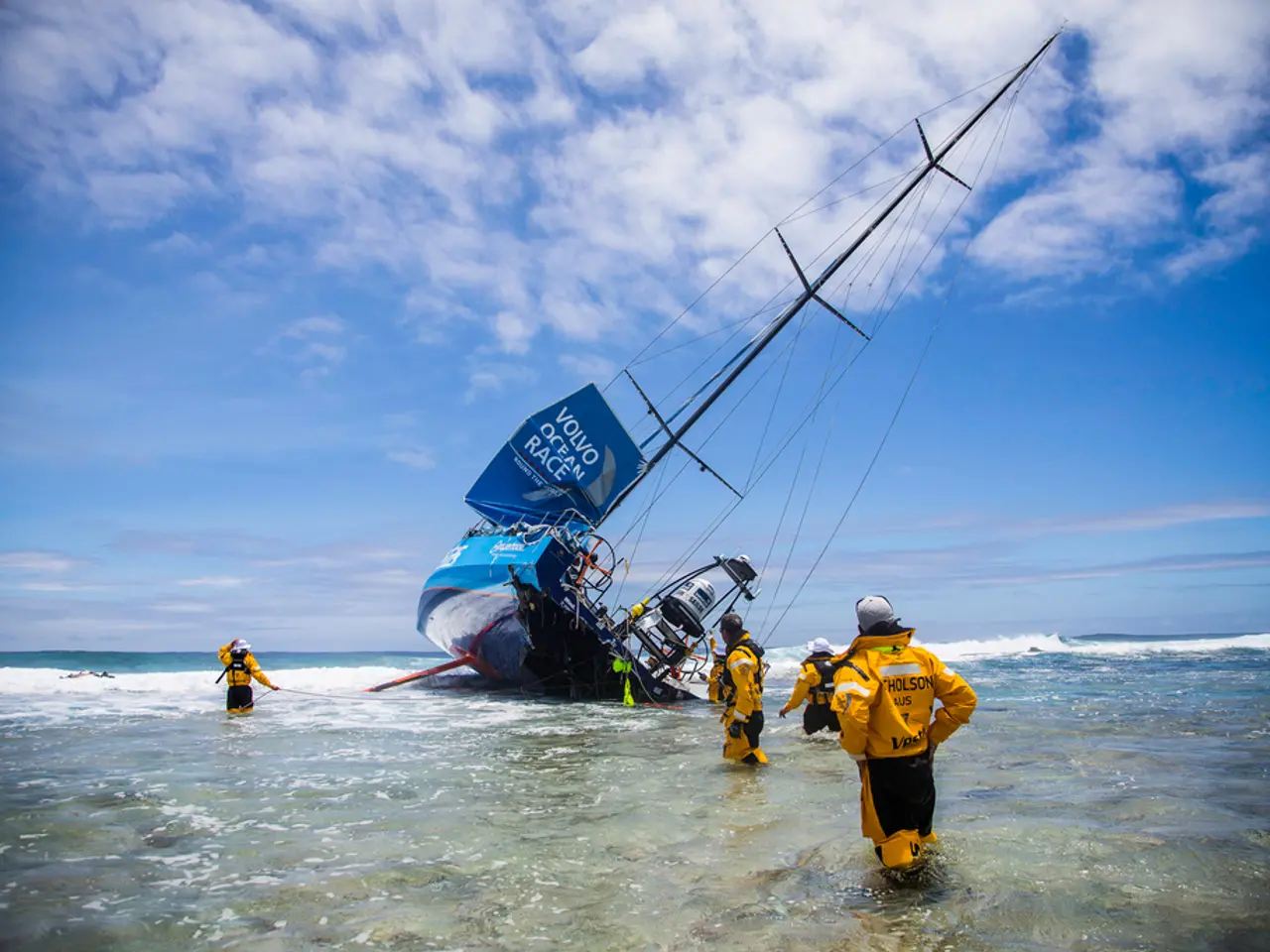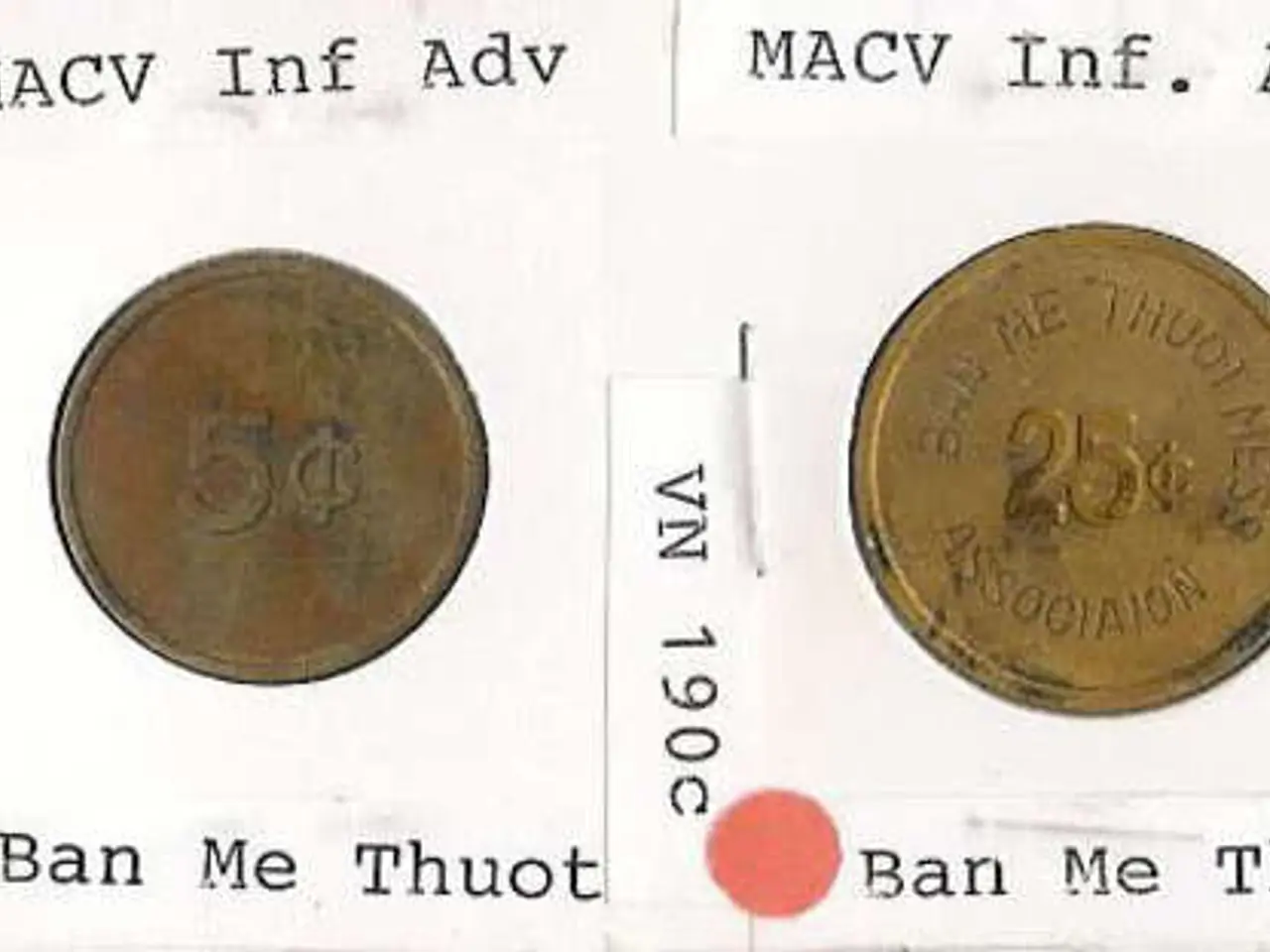The U.S. Coast Guard reports that the corporation managing the Titan submarine is accountable for the recent mishap.
=====================================================================
The Titan submersible, owned by OceanGate Expeditions, met a tragic end in 2023 during an exploration of the Titanic wreck. The submersible was destroyed by a catastrophic implosion shortly after its dive, resulting in the loss of five lives, including the CEO of OceanGate, Stockton Rush, and renowned French scientist Paul-Henri Nargeolet.
A comprehensive investigation conducted by the U.S. Coast Guard has revealed that the disaster was not an accident but a predictable outcome of OceanGate's pattern of negligence and regulatory evasion. The report, published on August 5, 2023, detailed multiple violations of established engineering safety, testing, and maintenance protocols.
Key specific protocol violations include:
- Operating completely outside established deep-sea engineering and safety protocols by exploiting regulatory loopholes and using intimidation to avoid scrutiny, allowing the submersible to dive without proper certification and oversight.
- Ignoring previous hull damage from a July 2022 incident, where the Titan became stuck on the Titanic wreckage and suffered "irreversible" damage. This compromised the hull’s integrity was not properly repaired or assessed before subsequent dives.
- Inadequate design and testing processes: OceanGate’s engineering, certification, maintenance, and inspection did not adequately follow fundamental principles required for vessel safety at extreme ocean depths, including insufficient material testing and structural validation.
- Lack of proper maintenance and inspection routines: The company failed to conduct thorough and regular inspections or maintenance after known incidents that affected the submersible’s critical systems.
- Suppressing engineers and staff concerns: Internal warnings and whistleblower alerts about safety issues were ignored or silenced within the company culture, which favoured operational priorities over safety.
- Failure to adhere to standard marine and submersible safety protocols, as the vessel continued to be used despite clear risks and lack of independent certification.
The US Coast Guard Marine Board of Investigation concluded that the loss of five lives was not an accident but a predictable outcome of this pattern of negligence and regulatory evasion. They recommended federal regulatory reforms to prevent recurrence.
In summary, OceanGate violated engineering protocols by neglecting hull damage, failing rigorous testing and certification, operating without regulatory compliance, and maintaining a culture that prioritised expeditions over safety, directly leading to the Titan implosion and fatalities. The investigation report also accused OceanGate of using intimidation tactics to avoid regulation authorities' scrutiny.
The tragic incident has brought attention to the importance of adhering to established safety protocols and the consequences of disregarding them. The report serves as a reminder for all companies operating in deep-sea exploration to prioritise safety and transparency over expediency.
- Despite the tragedy that occurred in 2023, the investigation revealed that OceanGate's implosion was not an accident, but rather a predictable outcome due to their pattern of negligence and regulatory evasion, including the exploitation of loopholes and disregard for engineering safety protocols.
- The use of technology in deep-sea exploration must prioritize safety and adherence to established protocols, as the incident involving the Titan submersible has shown the serious consequences of disregarding these standards.




